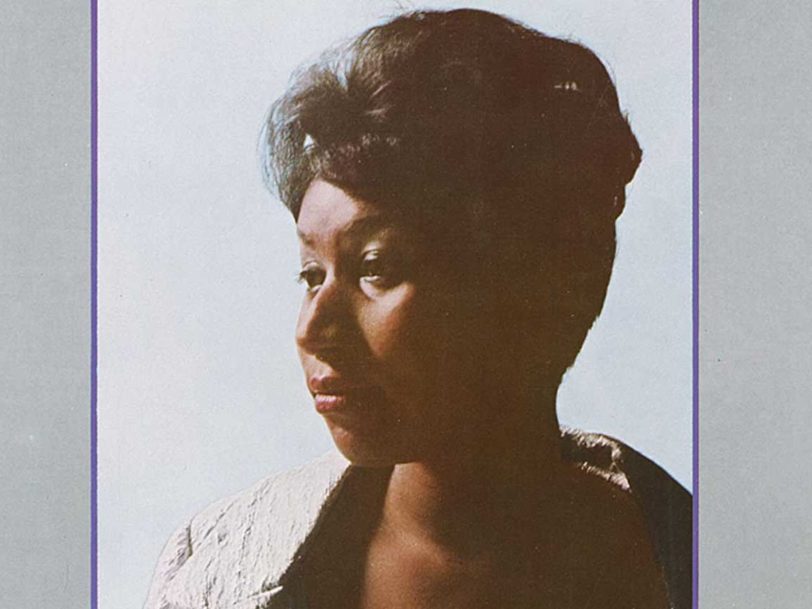Aretha Arrives was a strange choice of title for Aretha Franklin’s third album of 1967. After all, it wasn’t even her first record the Atlantic label – that was its predecessor, I Never Loved A Man The Way I Love You, the album which truly suggested Franklin had “arrived”. Furthermore, it would be Aretha Arrives’ follow-up, Lady Soul, that really showed off her full capabilities. Sandwiched between two stone-cold classics, however, Aretha Arrives deserves revisiting. After all, Franklin could sing you an eviction notice, and you’d probably still have a tear in your eye.
Listen to ‘Aretha Arrives’ here.
The most impressive vocal tracks ever
Released on 4 August 1967, Aretha Arrives was Franklin’s 11th album to date – a formidable body of work which had been recorded in a mere seven years. It takes some people more time to get round to alphabetising their record collection than it took “The Queen Of Soul” to lay down some of the most impressive vocal tracks ever recorded. Mull that one over. And what’s more, follow-up albums are damn tricky to pull off. The “difficult second album” syndrome gets a lot of attention, but what about that difficult 11th album? Nowadays, if you can get to album four without resorting to either a) an overhaul by a big-name EDM producer; or b) simply making music in the hope it will feature in some new Netflix drama, then you are lavished with praise.
Recorded in a pre-streaming era, Franklin didn’t really make her mark until that tenth record,I Never Loved A Man The Way I Love You, which hit No.2 on the Billboard 200. Her 1965 and 1966 records, Runnin’ Out Of Fools, Yeah!!! and Soul Sister, made an impact in the R&B charts, and no doubt their limited reach was largely in part due to the systemic racism of the time, with Black artists afforded little in the way of – well, anything, but especially “mainstream” radio and TV coverage, proper tour opportunities and good money.
Luckily for us, however, there is one thing a number of artists were offered then that they aren’t always offered now: the opportunity to try and try again.
Punchy, groovy, sexy
As a title, however, Aretha Arrives effectively suggests the haste with which the album was recorded. I Never Loved A Man The Way I Love You had made that all-important breakthrough, so it was time to capitalise on that success.
New material, of course, takes time to write, rewrite, approve, arrange and learn. Meanwhile, Franklin had shattered her elbow while on tour, and recording sessions had to be delayed until she was healthy. The combination of these factors probably explains why most of the songs on Aretha Arrives are covers.




